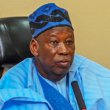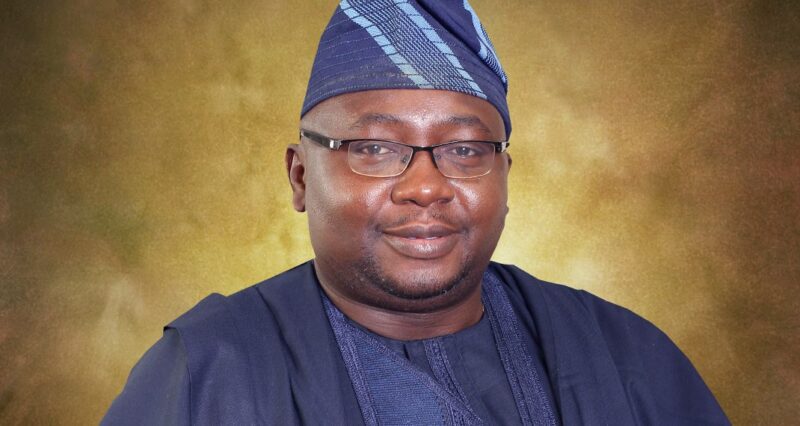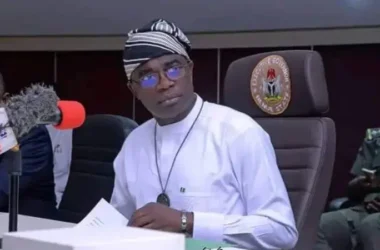The Minister of Power, Chief Adebayo Adelabu, on Tuesday noted the Federal Government’s resolve to put in place a cost-reflective tariff for the electricity sector, describing it as a major move to tackle the ongoing liquidity problems affecting the industry.
Speaking during the Mission 300 Stakeholders Engagement held in Abuja, Adelabu explained that the government is weighing different strategies to address the massive N4 trillion debt currently owed to power generation companies. He noted this debt piled up largely because the government could not continue to fully fund electricity subsidies over the years.
According to the Minister, the government has decided to gradually remove the existing blanket subsidies in the power sector. Instead, the plan is to introduce targeted support aimed at helping vulnerable and low-income Nigerians. This approach, Adelabu said, would help reduce financial pressure on the government while still protecting the most disadvantaged groups.
A statement released from his office quoted him as saying the government’s main priorities for power sector reforms include “addressing the market liquidity issues and initiating required sector reforms”.
He also revealed that, “Currently, there’s a huge outstanding debt to the Power Generation companies in the form of unpaid government subsidies which stands at about N4 trillion as of December 2024. The Federal Government is already working out modalities to defray this obligation and to ensure that further obligations are not accrued going forward, the government is working on a plan to transition the sector to a fully cost-reflective regime while implementing targeted subsidies for the economically vulnerable citizens in the country.”
He further noted that improving power generation remains crucial. This would involve reviving idle generation capacities and increasing the share of cheaper and cleaner energy sources in Nigeria’s energy mix. These steps, he said, would help boost overall energy security for the country.
Adelabu also pointed out the need to expand transmission infrastructure to deliver more power and stabilise the national grid. The goal, he said, is to stop the frequent grid collapses that have affected power supply in recent years. He stressed the importance of better coordination and management of the national grid to ensure reliable service.
In the distribution segment, Adelabu shared plans to improve performance and financial health through initiatives like the Presidential Metering Initiative and the World Bank-supported Distribution Sector Recovery Program (DISREP). These, he said, are meant to close metering gaps and reduce losses.
Reaffirming the government’s stance, Adelabu said the reforms would set the power sector on a more sustainable and financially stable path.
On the Mission 300 project, aimed at bringing electricity to 300 million people in Africa who currently lack access, Adelabu stated the total investment needed is about $32.8 billion, with $15.5 billion expected to come from private sector partners.










